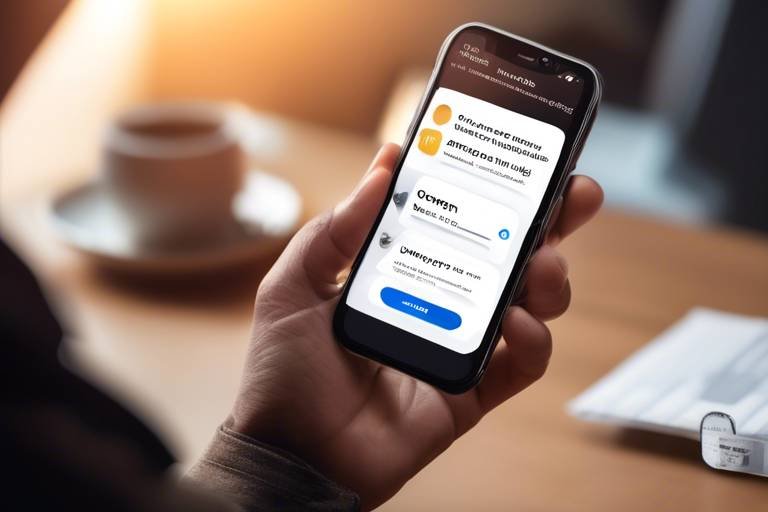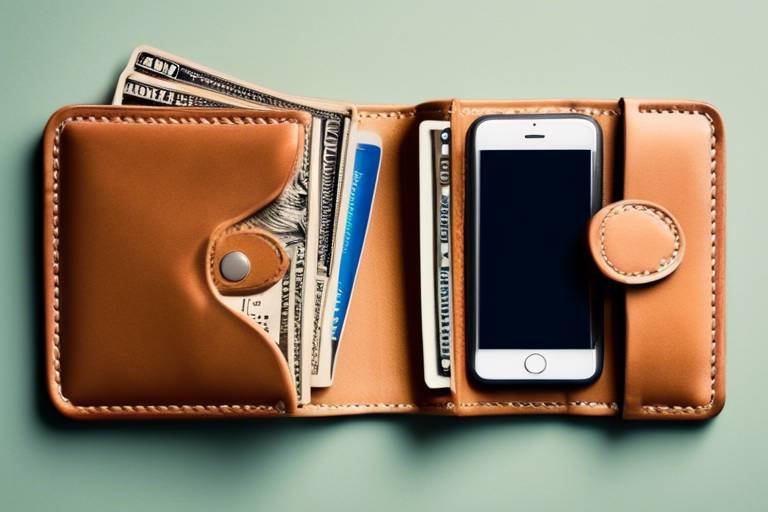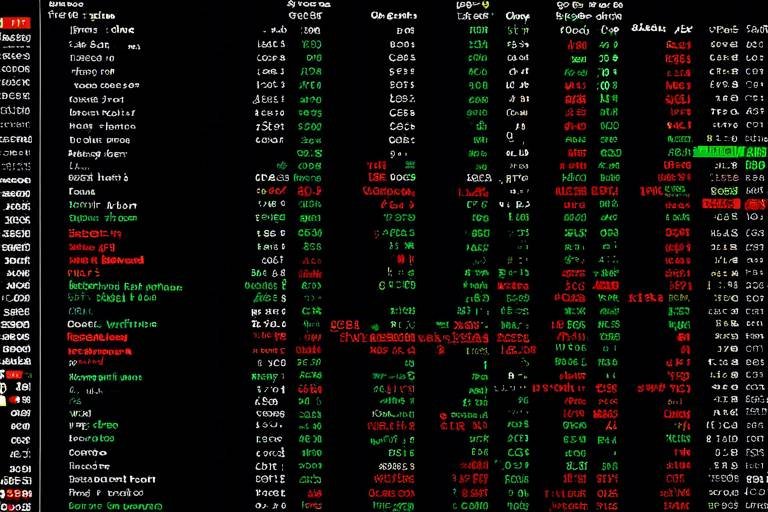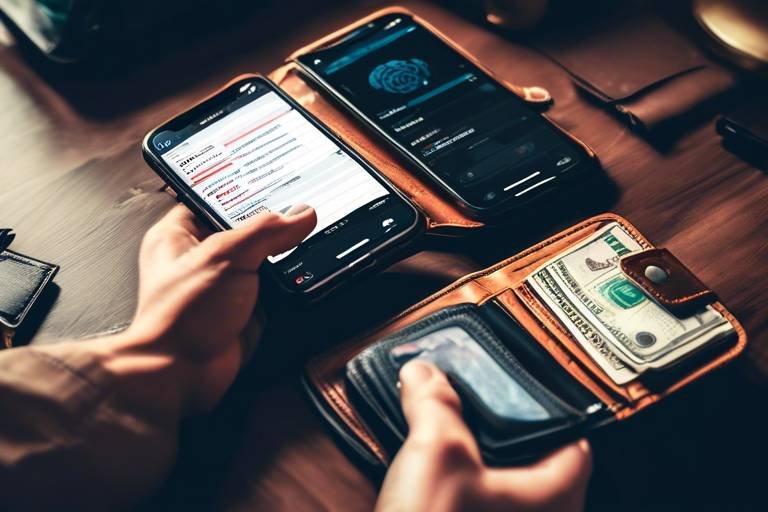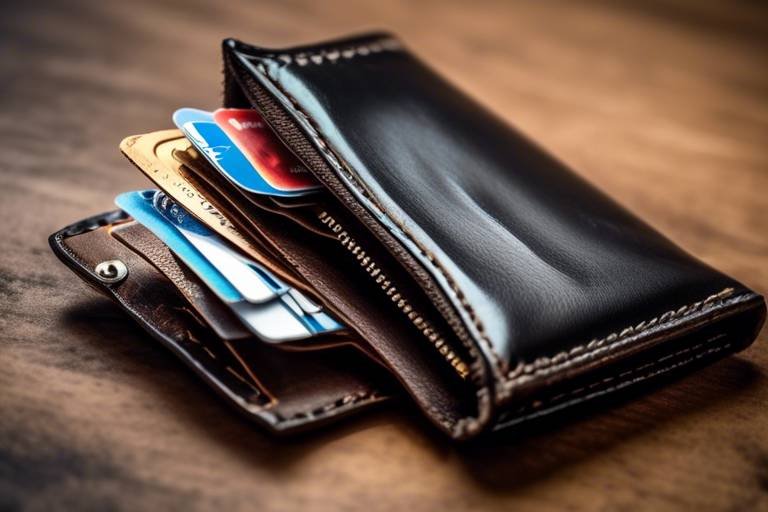Understanding Decentralized Wallets - Advantages and Risks
In the ever-evolving world of cryptocurrency, understanding the tools at your disposal is crucial. One of the most significant innovations in this space is the decentralized wallet. These wallets are not just a way to store your digital assets; they represent a paradigm shift in how we think about ownership and control in the digital age. Unlike traditional wallets that rely on a central authority, decentralized wallets empower users to manage their funds independently. This article explores the concept of decentralized wallets, examining their benefits, potential risks, and how they differ from traditional wallets, providing a comprehensive understanding for users navigating the cryptocurrency landscape.
Decentralized wallets are digital wallets that allow users to store and manage their cryptocurrencies without relying on a central authority. Think of them as your personal vault where you have the keys, and no one else can access your valuables. These wallets function within the blockchain ecosystem, enabling direct interactions with the blockchain without intermediaries. In essence, they give users full control over their private keys, which are crucial for accessing and managing their digital assets. It’s like having your own bank, but without the bank's restrictions or fees.
Decentralized wallets offer numerous benefits, including enhanced security, user control, and privacy. Many users prefer these solutions over centralized alternatives for several compelling reasons. For instance, with decentralized wallets, you are the sole custodian of your funds. This level of autonomy not only fosters a sense of empowerment but also minimizes the risks associated with centralized systems, such as hacks or mismanagement of funds. Let's delve deeper into these advantages.
One of the standout features of decentralized wallets is their robust security measures. Unlike traditional wallets that store your private keys on centralized servers, decentralized wallets keep your keys stored locally on your device. This means that no one, not even a third-party service, has access to your keys. Imagine having a safe in your home instead of a bank vault—while the bank vault might be secure, it also means trusting someone else with your valuables. This subsection discusses how these features protect users against hacks and unauthorized access, ensuring the safety of their digital assets.
Proper management of private keys is crucial for securing decentralized wallets. If you lose your private key, you lose access to your funds permanently. Therefore, it’s essential to safeguard your keys diligently. Here are some methods to enhance your security:
- Backup your keys: Use hardware wallets or write down your keys and store them in a secure place.
- Use encryption: Encrypt your keys to add an extra layer of protection.
- Stay updated: Regularly update your wallet software to protect against vulnerabilities.
Another fascinating feature of decentralized wallets is the multi-signature option. This requires multiple approvals for transactions, adding an extra layer of security. For instance, if you are managing a significant amount of cryptocurrency, you can set up a wallet that requires, say, two out of three signatures to authorize a transaction. This way, even if one key is compromised, your funds remain secure. It’s like needing two keys to open a highly secure safe—more keys mean more security!
Decentralized wallets empower users with complete control over their funds. Unlike centralized wallets, where a third party manages your assets, decentralized wallets allow you to be the master of your financial destiny. This autonomy means you can send, receive, and manage your cryptocurrencies without needing permission from anyone else. It’s the ultimate form of financial freedom! However, this freedom comes with responsibility. Users must be diligent in managing their wallets and understanding how to operate them safely.
While decentralized wallets offer numerous benefits, they also come with risks. Understanding these risks is essential for anyone considering using a decentralized wallet. One of the primary concerns is the potential for loss of access to funds. If you forget your password or lose your private key, there’s no customer service to help you recover your assets. Additionally, the lack of built-in support can be daunting for new users. This section addresses potential vulnerabilities and offers insights into how to mitigate these risks.
Imagine waking up one day and realizing you can't access your funds because you forgot your password or lost your private key. The consequences of such losses can be devastating. To prevent this, users should consider implementing recovery strategies, such as:
- Creating recovery phrases: Many wallets provide a recovery phrase that can help you regain access.
- Regular backups: Keep backups of your wallet in multiple secure locations.
Another significant risk associated with decentralized wallets is the potential for user error. Mistakes in sending or receiving transactions can lead to irreversible losses. For instance, sending funds to the wrong address can result in losing your cryptocurrency forever. To avoid such pitfalls, it’s essential to double-check addresses and transaction details before confirming any action. Think of it like sending a letter; if you misspell the address, your letter will never reach its destination!
Selecting the appropriate decentralized wallet is crucial for security and functionality. With so many options available, it can be overwhelming. Here are some factors to consider when choosing a wallet:
- Compatibility: Ensure the wallet supports the cryptocurrencies you plan to use.
- Security features: Look for wallets that offer robust security measures, such as multi-signature options.
- User experience: Choose a wallet that is easy to navigate and understand.
By carefully evaluating these factors, you can make an informed decision that aligns with your needs and enhances your cryptocurrency experience.
1. What is a decentralized wallet?
A decentralized wallet is a digital wallet that allows users to store and manage cryptocurrencies without relying on a central authority. It gives users full control over their private keys and funds.
2. What are the risks of using a decentralized wallet?
The main risks include loss of access due to forgotten passwords or lost private keys, potential user errors in transactions, and the lack of customer support.
3. How can I secure my decentralized wallet?
You can secure your wallet by properly managing your private keys, using multi-signature options, creating backups, and employing recovery phrases.
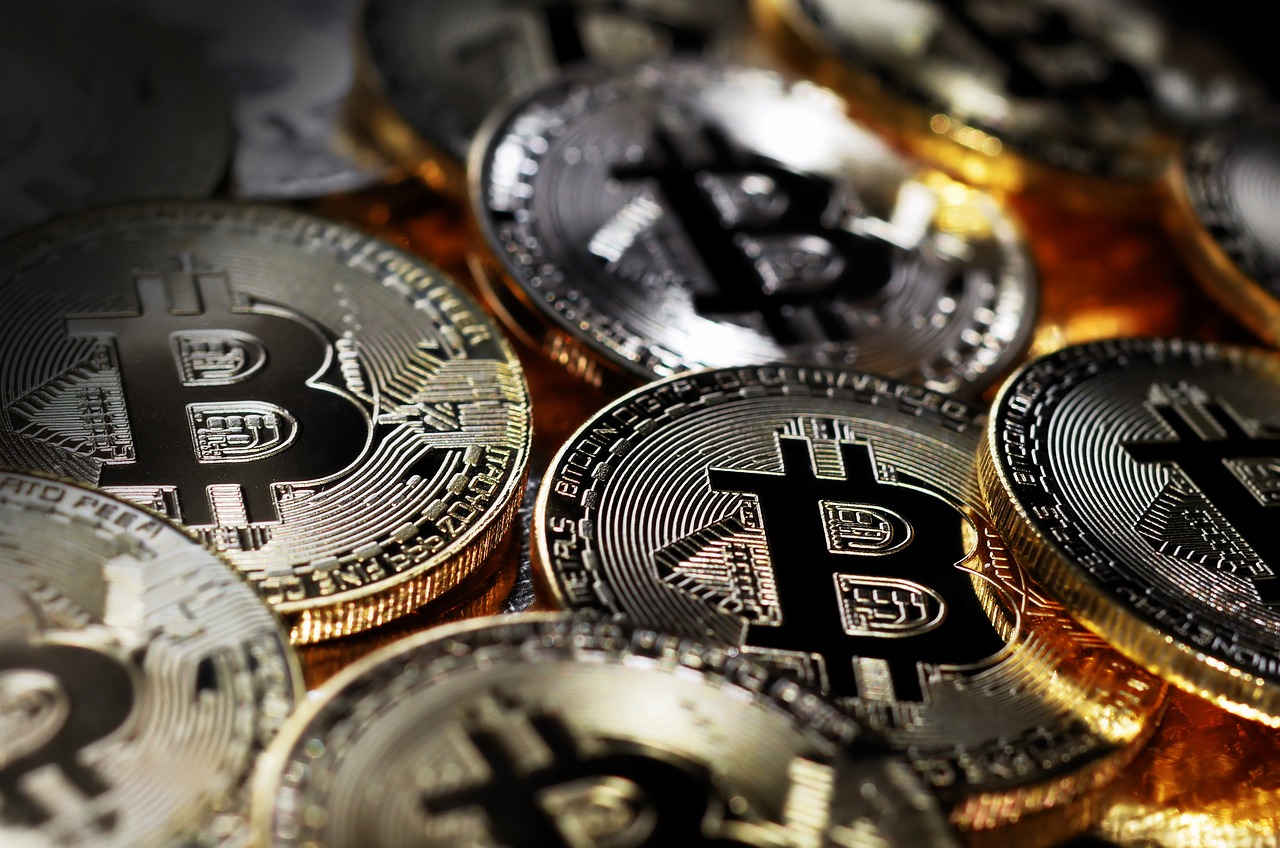
What are Decentralized Wallets?
Decentralized wallets, often referred to as non-custodial wallets, are digital wallets that enable users to store and manage their cryptocurrencies without depending on a centralized authority. Unlike traditional wallets, which may require a third-party service to hold your funds, decentralized wallets empower users by allowing them to have full control over their private keys and assets. This means that you are the sole guardian of your cryptocurrency, eliminating the risks associated with entrusting your funds to a centralized entity.
At their core, decentralized wallets operate on blockchain technology, ensuring that all transactions and data are recorded in a secure and immutable manner. This transparency is one of the fundamental features that distinguish decentralized wallets from their centralized counterparts. When you use a decentralized wallet, you interact directly with the blockchain, making transactions without intermediaries, which can reduce fees and increase transaction speed.
There are various types of decentralized wallets, including:
- Software Wallets: These are applications that can be installed on your computer or mobile device, allowing you to manage your cryptocurrencies easily.
- Hardware Wallets: Physical devices designed to securely store your private keys offline, providing enhanced security against online threats.
- Paper Wallets: A physical printout of your public and private keys, which can be stored securely away from digital threats.
Each type of wallet has its unique features and benefits, catering to different user preferences and security needs. For instance, while software wallets offer convenience and ease of use, hardware wallets provide a higher level of security, making them ideal for long-term storage of significant amounts of cryptocurrency.
In summary, decentralized wallets represent a pivotal shift in how individuals manage their digital assets. By removing the need for a central authority, these wallets not only enhance security and privacy but also offer users greater control over their financial transactions. As the cryptocurrency landscape continues to evolve, understanding how decentralized wallets function will be crucial for anyone looking to navigate this exciting and often unpredictable space.
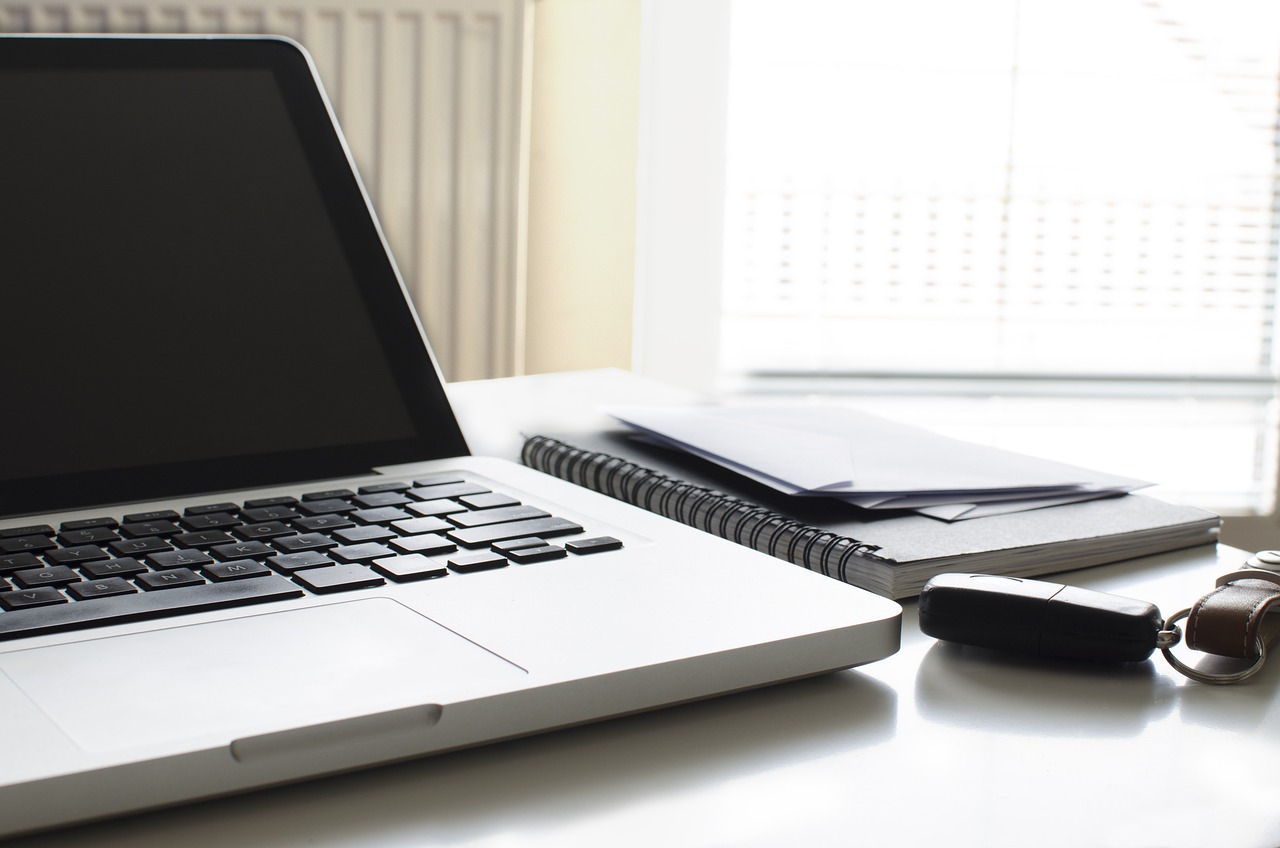
Advantages of Decentralized Wallets
Decentralized wallets have taken the cryptocurrency world by storm, and for good reason! These wallets come packed with a myriad of advantages that make them a popular choice among crypto enthusiasts. One of the most significant benefits is the enhanced security they offer. Unlike traditional wallets, which store your funds on a centralized server, decentralized wallets keep your assets in your control, meaning you are the only one with access to your funds. This drastically reduces the risk of hacks and unauthorized access, giving you peace of mind. Imagine having a vault where only you hold the key—this is the essence of decentralized wallets!
Another remarkable feature is the level of user control and autonomy they provide. With a decentralized wallet, you are in the driver’s seat. You manage your private keys and have full control over your transactions. This is a stark contrast to centralized wallets, where third-party companies have access to your funds and can impose restrictions or even freeze your account. It’s like being the captain of your own ship, navigating the vast ocean of cryptocurrency without anyone else at the helm!
Moreover, decentralized wallets enhance privacy. In an age where data breaches are rampant, the ability to transact without revealing your personal information is invaluable. With decentralized wallets, your transactions are recorded on the blockchain but do not require personal identification. Think of it as wearing a mask at a masquerade ball—your identity remains hidden while you enjoy the festivities of the crypto world!
To further illustrate the advantages of decentralized wallets, here’s a quick comparison:
| Feature | Decentralized Wallets | Centralized Wallets |
|---|---|---|
| Control | Full Control | Limited Control |
| Security | High (Private Keys Kept Locally) | Moderate (Vulnerable to Hacks) |
| Privacy | Enhanced Privacy | Requires Personal Information |
| Customer Support | No Central Support | Centralized Support Available |
In addition to these features, decentralized wallets often support a broader range of cryptocurrencies, allowing users to manage multiple assets in one place. This flexibility can be especially beneficial for investors who like to diversify their portfolios. It’s like having a Swiss Army knife that’s equipped with all the tools you need for your crypto adventures!
Lastly, the community-driven nature of decentralized wallets cannot be overlooked. Many of these wallets are developed and maintained by passionate communities rather than corporations, ensuring that they evolve based on user feedback and needs. This collaborative spirit fosters innovation and creates a user-friendly experience that is hard to find elsewhere.
In summary, the advantages of decentralized wallets are compelling. From enhanced security and user control to improved privacy and community support, these wallets provide an empowering alternative to traditional banking systems. As you navigate the exciting world of cryptocurrencies, choosing a decentralized wallet could be one of the best decisions you make!
1. What is a decentralized wallet?
A decentralized wallet is a digital wallet that allows users to store and manage their cryptocurrencies without relying on a central authority. It gives users full control over their funds and private keys.
2. Are decentralized wallets safe?
Yes, decentralized wallets are generally considered safer than centralized wallets because they keep your private keys stored locally, reducing the risk of hacks and unauthorized access.
3. How do I recover my funds if I lose access to my decentralized wallet?
It’s crucial to back up your wallet and securely store your recovery phrase. If you lose your private keys or recovery phrase, you may permanently lose access to your funds.
4. Can I use a decentralized wallet for multiple cryptocurrencies?
Absolutely! Most decentralized wallets support a wide range of cryptocurrencies, allowing you to manage various assets in one place.
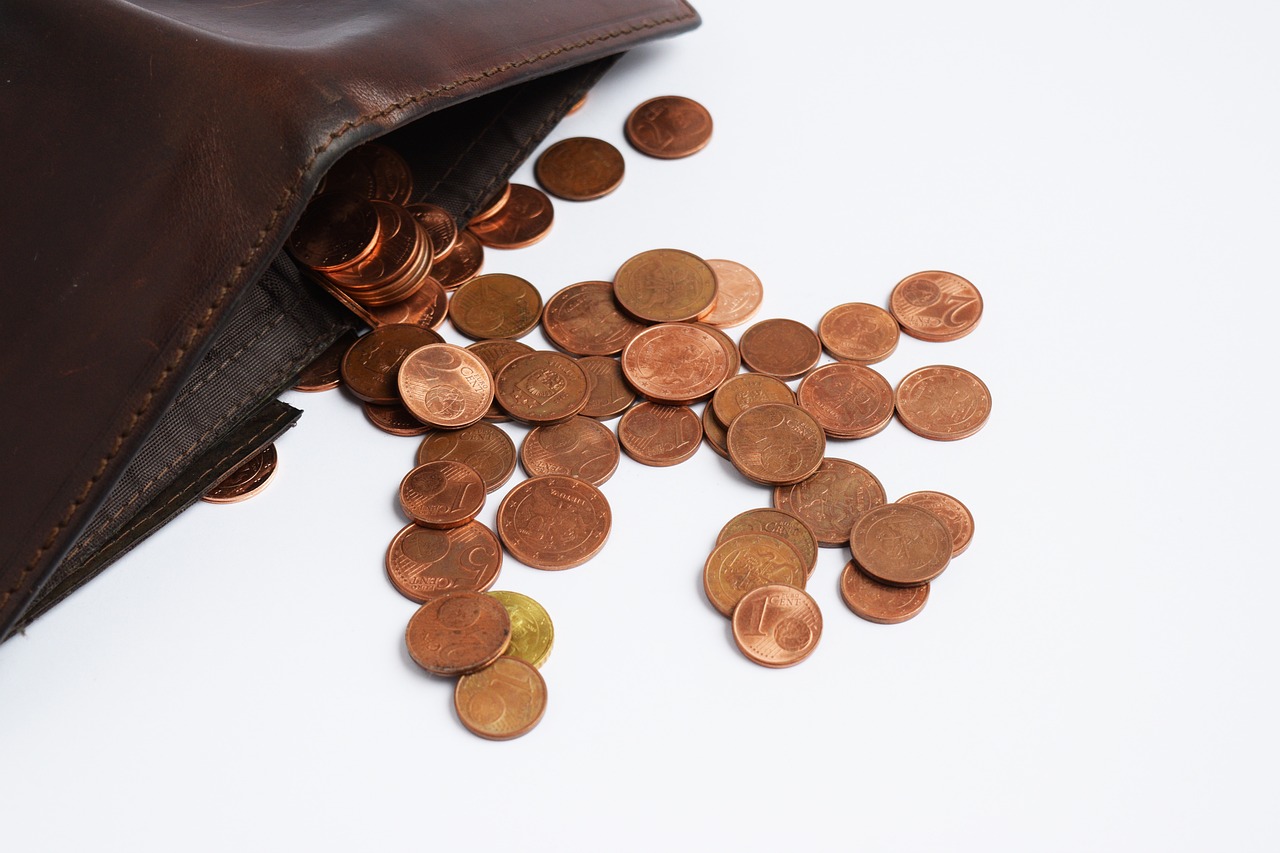
Enhanced Security Features
When it comes to the world of cryptocurrency, security is paramount. Decentralized wallets stand out for their robust security features, offering users a sense of safety that centralized wallets often struggle to provide. One of the most significant advantages is the management of private keys, which are stored locally on the user's device instead of being held by a third party. This means that only you have access to your funds, significantly reducing the risk of hacks and unauthorized access. Imagine keeping your money in a safe at home rather than in a bank; that’s the level of control decentralized wallets offer.
Another layer of security comes from the option of multi-signature wallets. This feature requires multiple approvals before any transaction can be executed, akin to needing several keys to unlock a vault. For users managing larger amounts of cryptocurrency, this is a game-changer. It not only adds an extra layer of protection but also ensures that transactions are made only with collective consent, reducing the risk of fraud.
However, it’s crucial to understand that with great power comes great responsibility. Users must take their security seriously. Here are some essential practices to enhance your security when using decentralized wallets:
- Regularly Back Up Your Wallet: Ensure you have multiple backups of your wallet stored securely in different locations.
- Use Strong Passwords: Create complex passwords that are hard to guess and change them periodically.
- Enable Two-Factor Authentication: If your wallet supports it, always enable this feature for an extra layer of security.
In conclusion, while decentralized wallets offer enhanced security features that significantly mitigate risks associated with cryptocurrency storage, users must remain vigilant. The responsibility of securing your digital assets ultimately lies with you, making it essential to adopt best practices in managing your wallet.
Q: What is a decentralized wallet?
A: A decentralized wallet is a digital wallet that allows users to store and manage their cryptocurrencies without relying on a central authority, giving them full control over their funds.
Q: How do decentralized wallets enhance security?
A: They enhance security by allowing users to store private keys locally, using multi-signature options, and providing users with complete control over their assets.
Q: What are the risks associated with decentralized wallets?
A: Risks include the potential loss of access to funds due to forgotten passwords or lost private keys, as well as user errors in transactions.
Q: How can I prevent loss of access to my funds?
A: Regularly back up your wallet, use strong passwords, and consider using recovery phrases to regain access in case of loss.
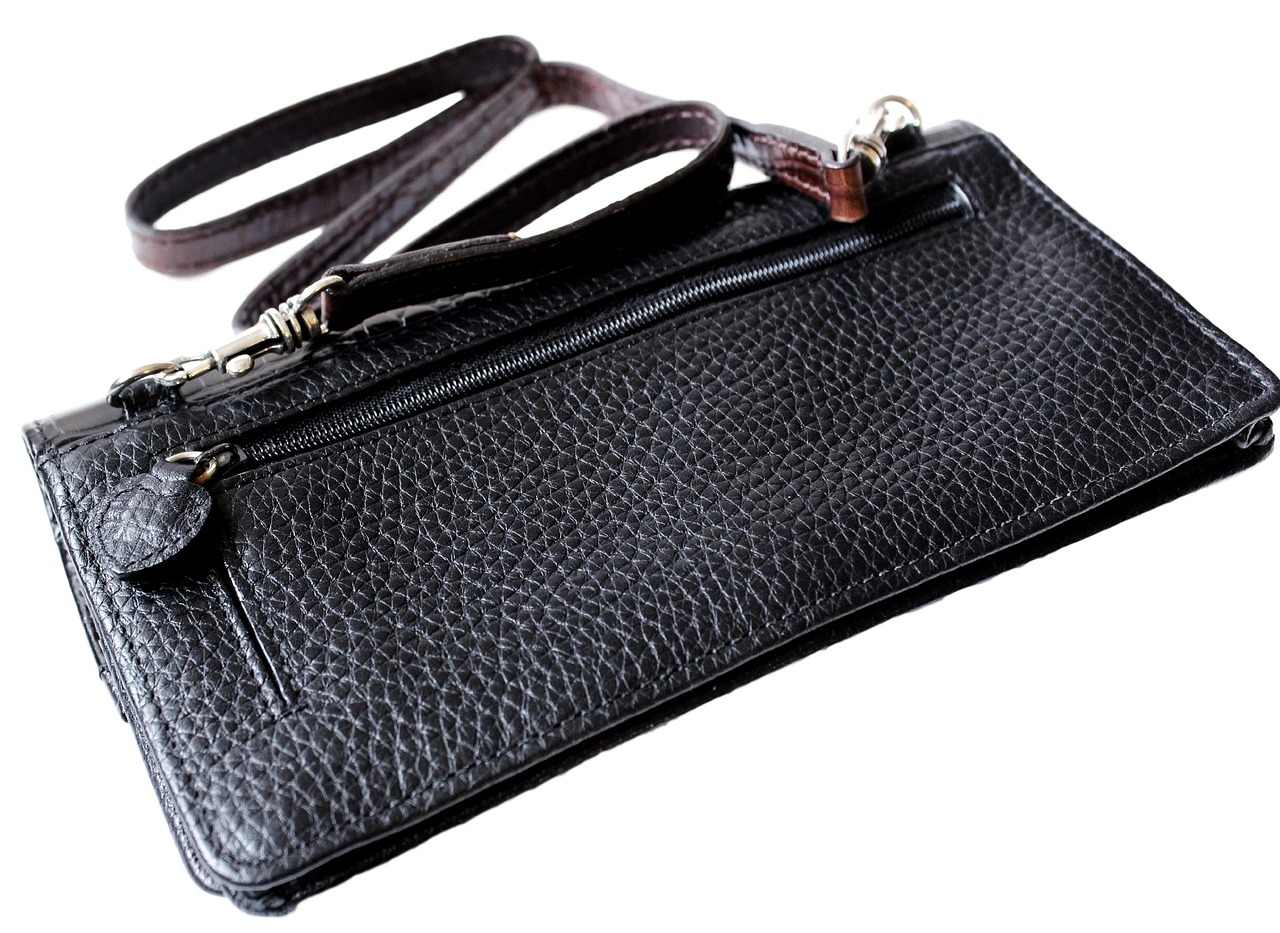
Private Key Management
When it comes to decentralized wallets, the concept of is paramount. Think of your private key as the secret password to your treasure chest; if someone else finds it, they can access your valuables without your permission. In the world of cryptocurrency, losing control of your private key can mean losing access to your funds forever. That's why understanding how to manage these keys is crucial for anyone venturing into the realm of digital currencies.
First and foremost, it's essential to store your private keys securely. Many users opt for hardware wallets, which are physical devices that keep your keys offline, away from the prying eyes of hackers. This is akin to storing your gold in a safe rather than leaving it out in the open. On the other hand, software wallets, while more convenient, require extra caution. If you choose to use a software wallet, ensure that your device is protected with up-to-date antivirus software and that you regularly back up your wallet data.
Moreover, consider using strong passwords and enabling two-factor authentication (2FA) wherever possible. This adds an additional layer of security, making it much harder for unauthorized users to gain access to your wallet. Just like you wouldn't use "123456" as a password for your bank account, don’t underestimate the importance of a robust password for your cryptocurrency wallet.
Another critical aspect of private key management is the practice of backing up your keys. Regular backups can save you from potential disasters. Store backups in multiple secure locations, such as a USB drive kept in a safe place, or even in a safety deposit box. It's also wise to keep a written copy of your recovery phrase—this is a series of words that can help you recover your wallet if you lose access. However, be cautious: just like your keys, if someone gets their hands on your recovery phrase, they can access your funds.
In summary, effective private key management is not just about security; it’s about ensuring peace of mind. By taking the necessary precautions and being vigilant, you can navigate the world of decentralized wallets with confidence. Remember, in the world of cryptocurrency, you are your own bank. So, treat your private keys with the utmost respect and care.
- What is a private key? A private key is a secret number that allows you to access your cryptocurrency. It must be kept confidential to prevent unauthorized access to your funds.
- How should I store my private key? You should store your private key in a secure location, such as a hardware wallet or an encrypted digital format. Avoid storing it online or on devices that are connected to the internet.
- What happens if I lose my private key? If you lose your private key, you will lose access to your cryptocurrency permanently. It's crucial to have a backup plan in place.
- Can I recover my wallet without my private key? Unfortunately, without your private key or recovery phrase, recovery is not possible. This is why managing these keys is so important.
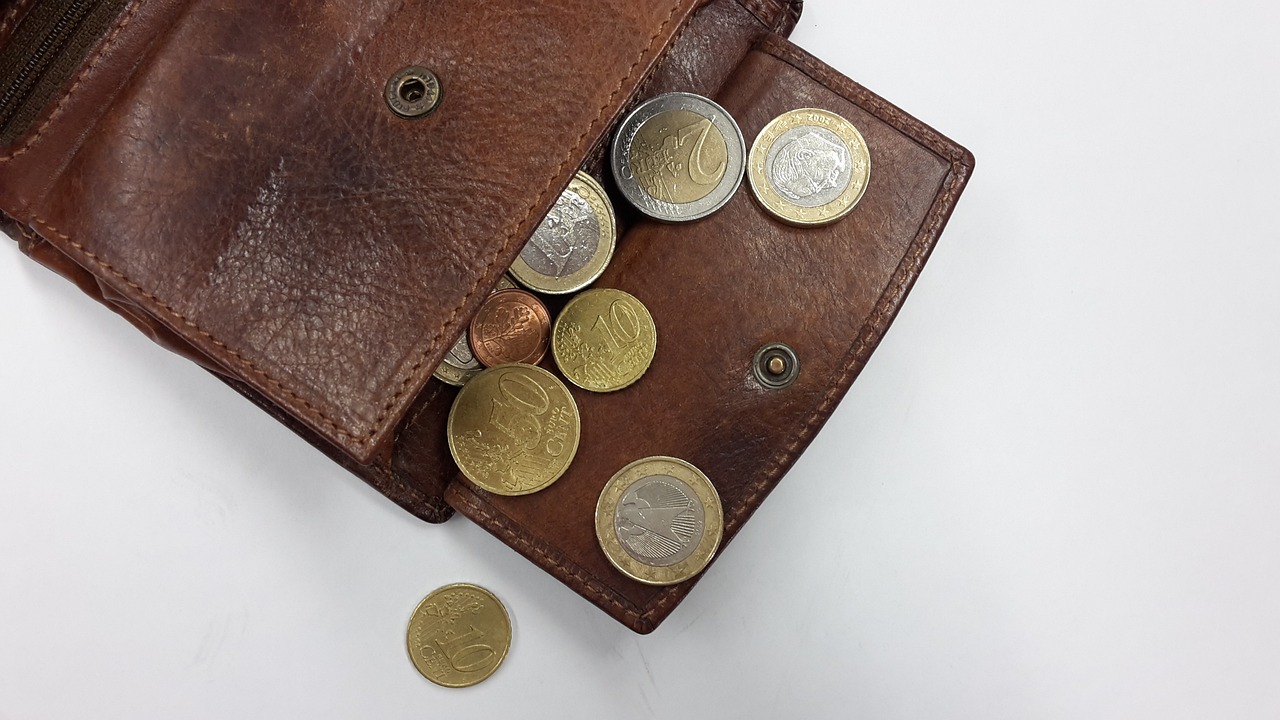
Multi-Signature Options
When it comes to securing your cryptocurrency, multi-signature wallets have emerged as a game-changer. Imagine you’re part of a treasure-hunting crew, and each member holds a unique key to the treasure chest. Only when a certain number of crew members agree to unlock the chest can the treasure be accessed. This is essentially how multi-signature wallets operate, providing an additional layer of security that traditional wallets simply can't match.
In a multi-signature setup, multiple private keys are required to authorize a transaction. This means that even if one key is compromised, the funds remain safe as the other keys are still needed to access the wallet. This feature is particularly beneficial for businesses or groups managing significant amounts of cryptocurrency, as it ensures that no single individual can unilaterally access or move the funds. By requiring consensus, it mitigates the risk of fraud and unauthorized transactions.
To illustrate the effectiveness of multi-signature wallets, consider the following table:
| Feature | Single Signature Wallet | Multi-Signature Wallet |
|---|---|---|
| Access Control | Single key required | Multiple keys required |
| Security Level | Moderate | High |
| Risk of Theft | High if key is compromised | Lower due to shared access |
| Ideal For | Individuals | Businesses, Partnerships |
One of the most appealing aspects of multi-signature wallets is their flexibility. Users can customize the number of signatures required for transactions, which allows for tailored security measures. For instance, a wallet could be set to require two out of three signatures, meaning that two out of three designated individuals must approve a transaction for it to proceed. This flexibility ensures that users can find a balance between security and convenience, making it easier to manage their funds without compromising safety.
However, while multi-signature wallets offer robust protection, it's essential to recognize that they also introduce complexity. Users must be careful to manage their keys effectively and ensure that all parties involved understand the process. If one key is lost or forgotten, it could lead to significant challenges in accessing the funds. Therefore, it’s crucial to have a plan in place for key recovery and management.
In summary, multi-signature options are a powerful tool for enhancing the security of decentralized wallets. By requiring multiple approvals for transactions, they not only protect against unauthorized access but also foster a sense of shared responsibility among users. As the cryptocurrency landscape continues to evolve, adopting such advanced security measures can be a smart move for anyone looking to safeguard their digital assets.
Here are some common questions users have about multi-signature wallets:
- What happens if I lose one of my keys? If you lose a key, you may still access your funds if you have the required number of remaining keys. However, it's important to have a recovery plan in place.
- Are multi-signature wallets suitable for individual users? While they are primarily designed for groups or businesses, individuals can benefit from them if they want enhanced security.
- How do I set up a multi-signature wallet? Setup varies by wallet provider, but generally, you will need to create the wallet and specify the number of keys and required signatures.
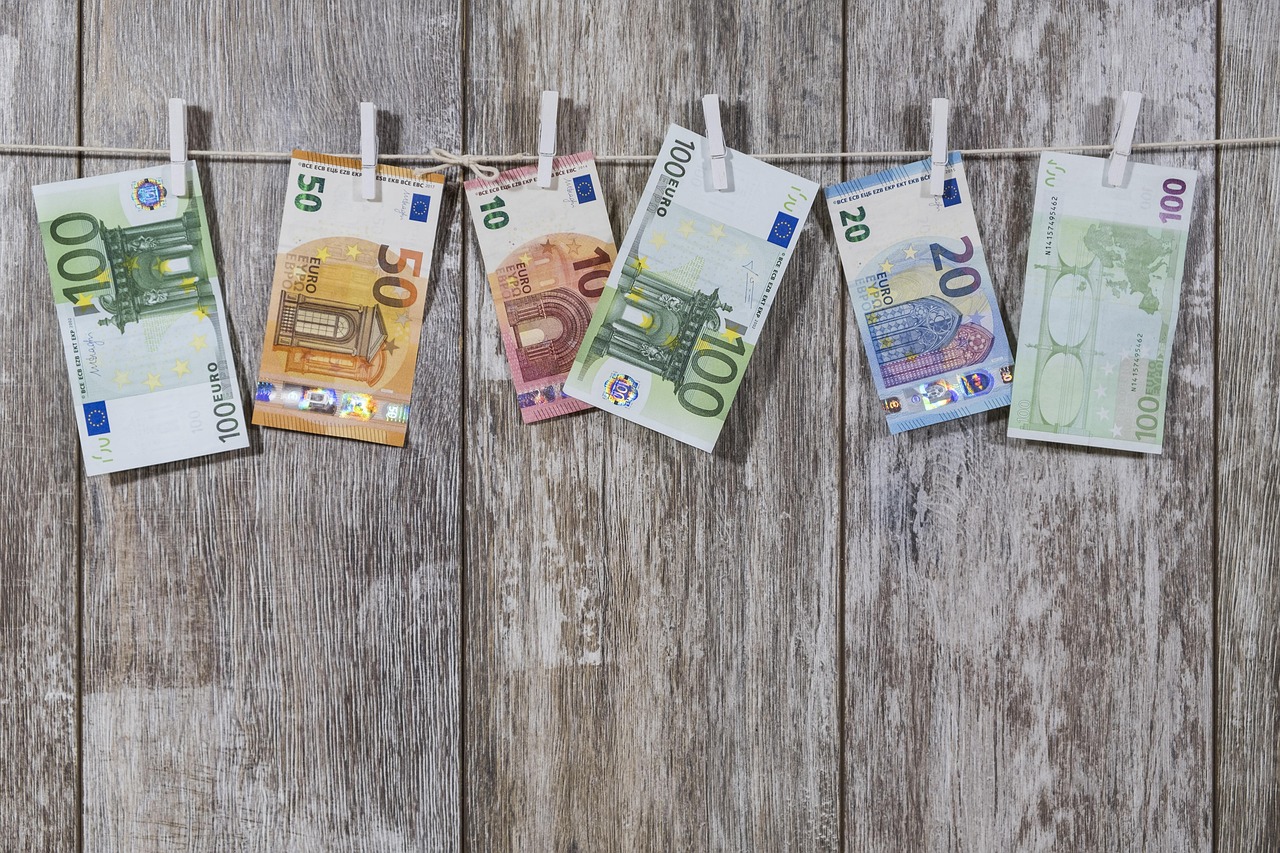
User Control and Autonomy
When it comes to managing your finances, the feeling of control is paramount. With decentralized wallets, users are granted a level of autonomy that is simply not possible with traditional, centralized wallets. Imagine having the keys to your own kingdom—this is the essence of what decentralized wallets offer. Unlike centralized wallets, where a third party holds your funds and makes decisions on your behalf, decentralized wallets empower you to be the sole ruler of your financial domain.
In a centralized wallet, you are at the mercy of the service provider. If they experience a security breach, your funds could be compromised. But with a decentralized wallet, you hold the private keys—essentially the keys to your digital treasure chest. This means you have complete control over your assets, allowing you to make transactions and manage your funds without needing to ask for permission or rely on anyone else's infrastructure. It's like being the captain of your own ship, navigating the vast ocean of cryptocurrency without a crew to slow you down.
Moreover, this autonomy comes with the added benefit of privacy. Many users are becoming increasingly aware of how their data is used and sold by centralized entities. With decentralized wallets, you can maintain your privacy as you transact. Your personal information is not tied to your wallet, allowing you to interact with the blockchain in a more anonymous fashion. This is akin to wearing a cloak of invisibility while you engage in your financial affairs—no prying eyes, no unwanted attention.
However, this user control does come with responsibilities. It’s crucial to understand that with great power comes great responsibility. You are now the custodian of your own funds, which means you must take steps to ensure their safety. This includes:
- Safeguarding your private keys: Losing access to these keys means losing access to your funds forever.
- Being vigilant against phishing attacks: Since you are your own bank, you must be cautious about where you enter your wallet information.
- Regularly updating your wallet software: Keeping your wallet updated helps protect against vulnerabilities.
In conclusion, the user control and autonomy offered by decentralized wallets make them an attractive choice for those who value independence in their financial dealings. They provide a sense of empowerment that is hard to find in traditional banking systems. However, it’s essential to approach this newfound freedom with caution and responsibility, ensuring that you are well-equipped to handle the challenges that come with managing your own assets.
Here are some common questions users have about decentralized wallets:
- What happens if I lose my private keys? Losing your private keys means losing access to your funds permanently. Always keep a backup in a secure location.
- Are decentralized wallets safe? Yes, they are generally considered safer than centralized wallets, but you must take precautions to protect your keys.
- Can I recover my funds if I forget my password? If you forget your wallet password but have your private keys, you can still access your funds. However, if you lose both, recovery is unlikely.
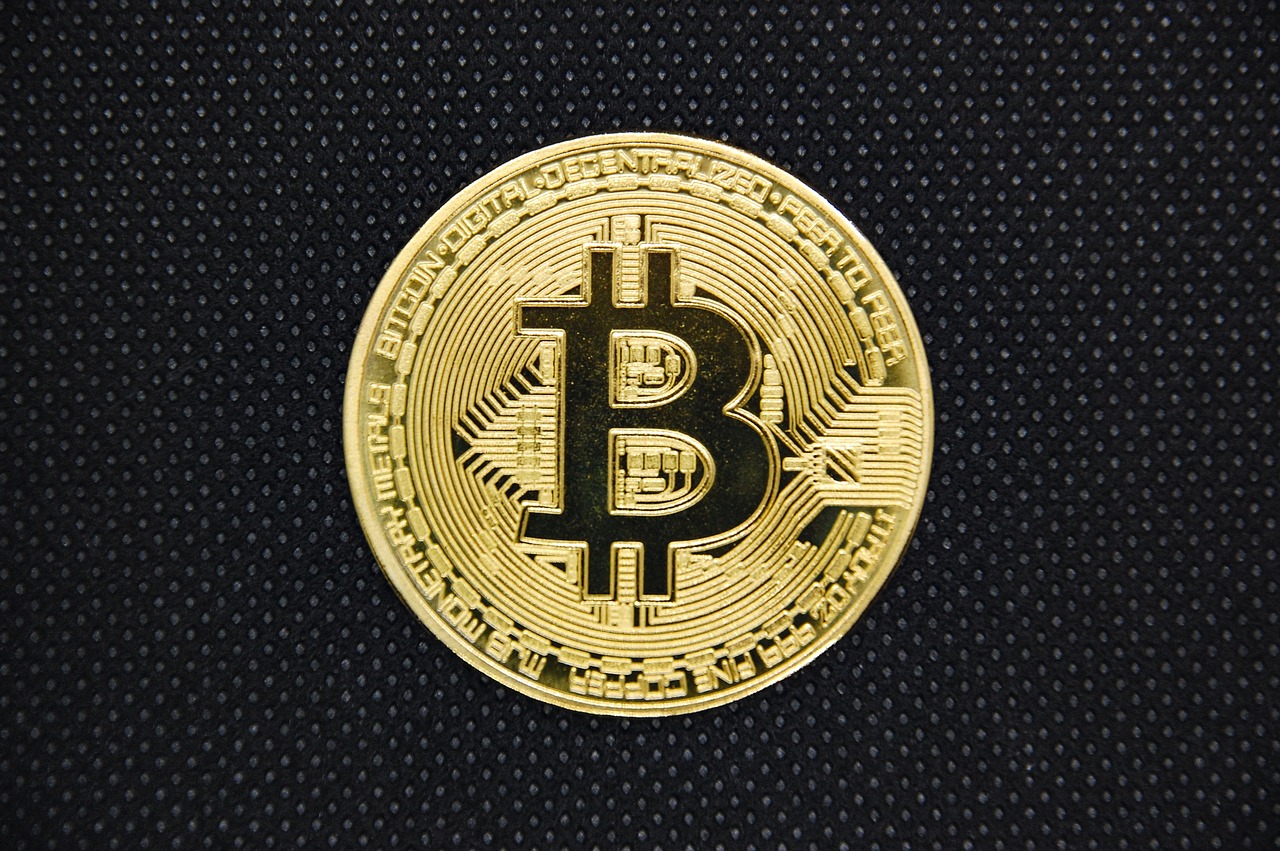
Risks Associated with Decentralized Wallets
While decentralized wallets bring a plethora of advantages, it's crucial to acknowledge that they come with their own set of risks. These wallets, which allow users to manage their cryptocurrencies without a central authority, can sometimes feel like a double-edged sword. On one hand, they provide unparalleled control and security; on the other, they can expose users to vulnerabilities that might not be present in centralized systems. Let's dive deeper into these risks and understand what users should be wary of.
One of the most significant risks associated with decentralized wallets is the potential for loss of access to funds. Imagine waking up one day to find that you can no longer access your cryptocurrency because you forgot your password or, even worse, lost your private keys. This scenario is not just a nightmare; it's a reality for many users. Unlike traditional banks, which have customer support to help recover lost access, decentralized wallets leave users solely responsible for their keys and passwords. Therefore, it is imperative to implement preventive measures, such as using secure password managers or writing down recovery phrases and storing them in a safe place.
Another critical risk is the potential for user error. In the fast-paced world of cryptocurrency, a simple mistake—like sending funds to the wrong address—can lead to irreversible losses. Unlike traditional transactions, which can often be reversed or disputed, cryptocurrency transactions are final. This means that if you accidentally send your Bitcoin to an incorrect wallet address, there’s no way to retrieve it. To mitigate this risk, users should double-check addresses before sending funds and consider using QR codes for transactions to minimize human error.
Moreover, the lack of customer support in decentralized wallets can be a significant drawback. In a centralized system, users can rely on customer service representatives to help them navigate issues. However, in the decentralized world, users often have to troubleshoot problems on their own, which can be daunting, especially for newcomers. While many decentralized wallets have community forums or online resources, the absence of direct support can lead to frustration and confusion.
Lastly, it's essential to recognize the risk of security vulnerabilities that may arise from the user's device. If your computer or smartphone is compromised by malware or phishing attacks, your wallet could be at risk. Therefore, it is vital to maintain good cybersecurity practices, such as keeping your software updated, using antivirus programs, and being cautious of suspicious links or downloads.
In summary, while decentralized wallets offer exciting opportunities for managing cryptocurrencies, they also come with risks that users must navigate carefully. By understanding these potential pitfalls—such as loss of access, user error, lack of support, and security vulnerabilities—users can take proactive steps to protect their assets and enjoy the benefits of decentralized finance with greater peace of mind.
- What happens if I lose my private key? Losing your private key means you lose access to your funds permanently. It's crucial to back up your keys securely.
- Can I recover my funds if I send them to the wrong address? Unfortunately, no. Cryptocurrency transactions are irreversible, and funds sent to the wrong address cannot be recovered.
- Is it safe to store my private keys on my computer? Storing private keys on your computer can be risky if your device is compromised. Consider using hardware wallets for better security.
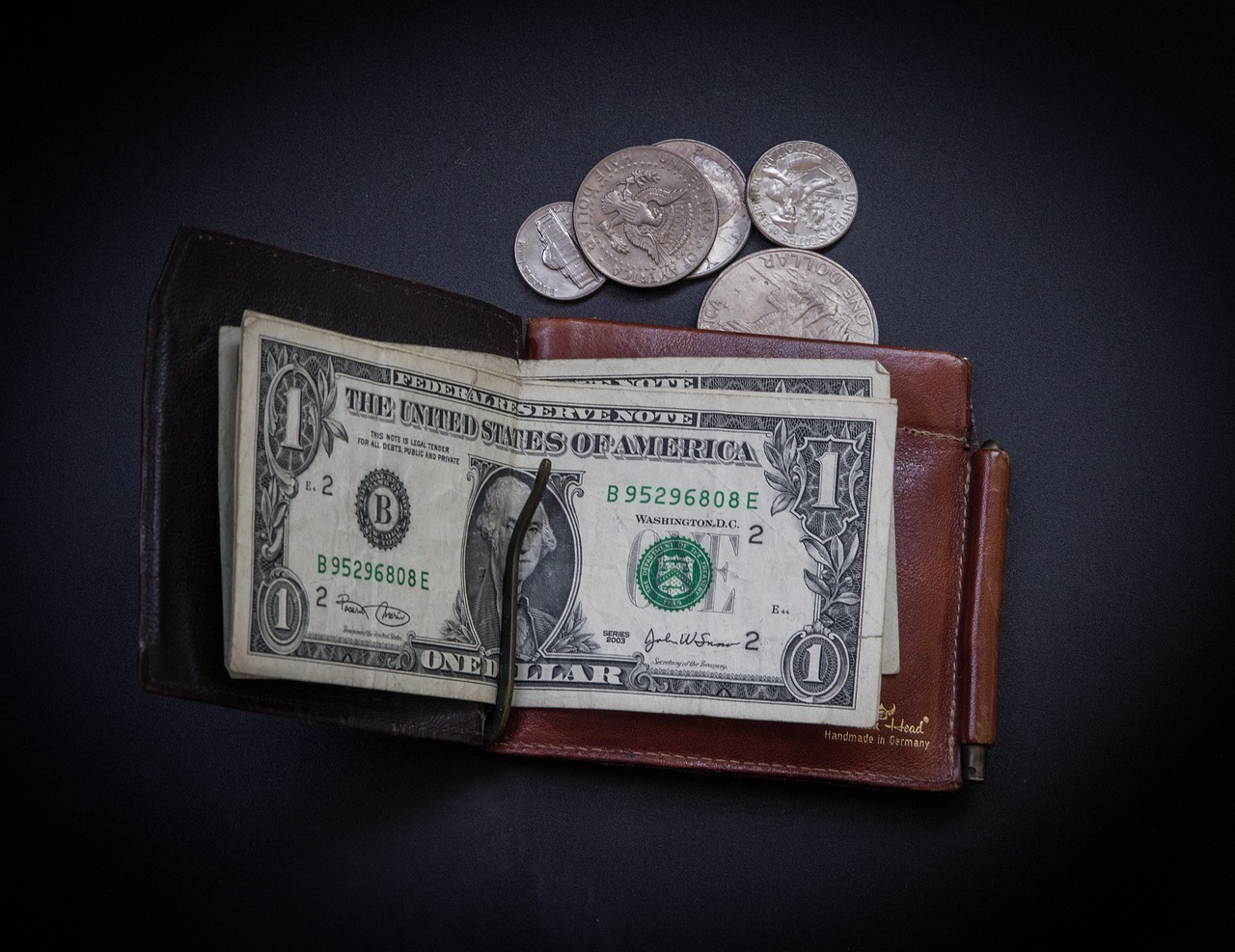
Loss of Access to Funds
One of the most daunting risks associated with decentralized wallets is the potential for loss of access to your funds. Imagine waking up one day, ready to make a transaction, only to find that you can’t access your digital wallet. This situation can arise from various scenarios, such as forgetting your password or losing your private keys. The reality is that, unlike traditional banking systems where customer support can help you regain access, decentralized wallets operate on a different principle: you are your own bank. This means that if you lose access, there is often no way to recover it.
To understand the gravity of this issue, consider the following statistics:
| Cause of Loss | Percentage of Users Affected |
|---|---|
| Forgotten Passwords | 30% |
| Lost Private Keys | 40% |
| Device Failure | 20% |
| Other Errors | 10% |
As shown in the table, a significant number of users have faced issues due to forgotten passwords and lost private keys. So, how can you prevent these unfortunate situations? Here are some effective strategies:
- Backup Your Private Keys: Always keep a secure backup of your private keys in a safe place. This could be a physical copy stored in a safe or a secure digital backup.
- Use Password Managers: Consider using a password manager to securely store and manage your wallet passwords.
- Enable Two-Factor Authentication: If your wallet supports it, enabling two-factor authentication adds an extra layer of security.
By taking these precautions, you can significantly reduce the risk of losing access to your funds. Remember, in the world of decentralized finance, the responsibility lies with you. It's a bit like owning a treasure chest; if you lose the key, the treasure remains locked away forever. Thus, being diligent about security and access management is crucial for anyone navigating the cryptocurrency landscape.
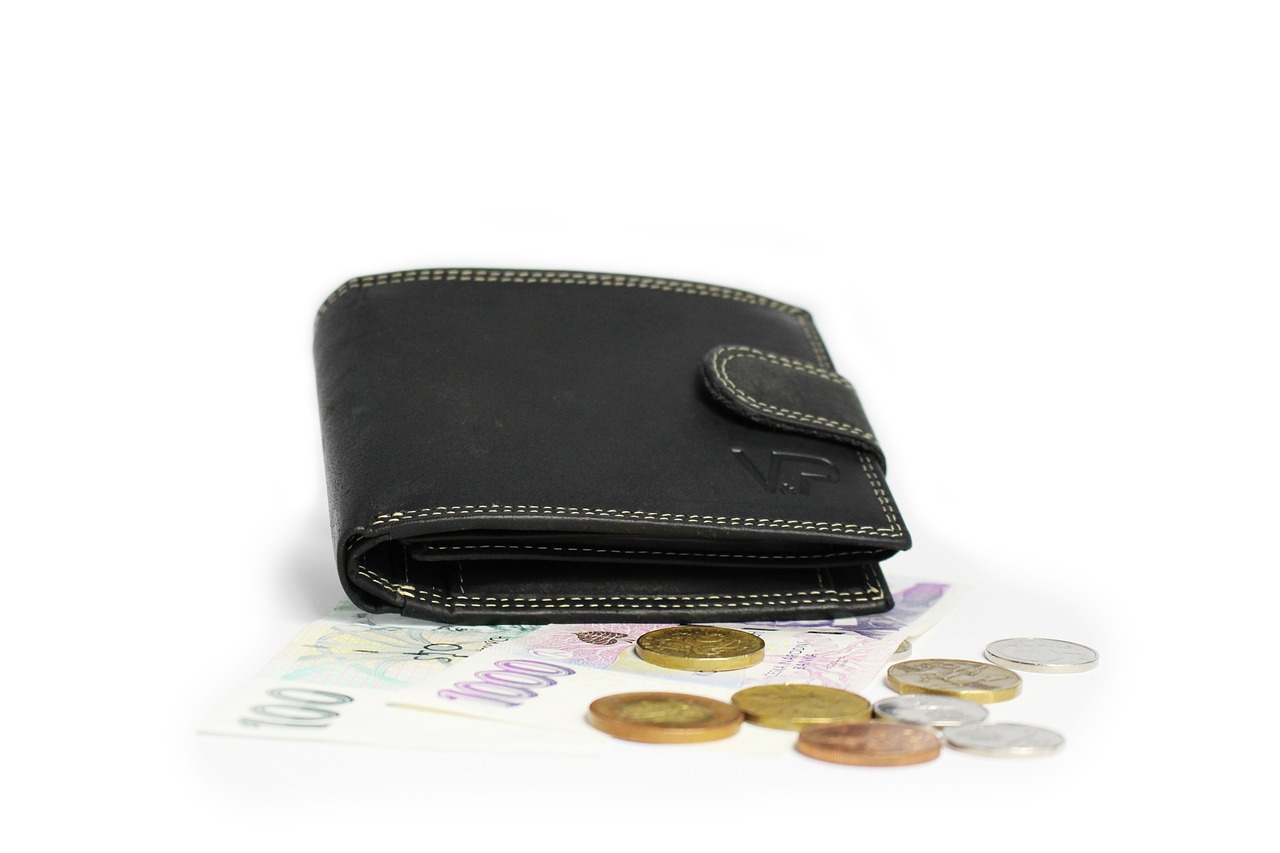
Potential for User Error
When it comes to decentralized wallets, one of the most significant challenges users face is the potential for user error. Unlike traditional wallets, which often come with customer support to assist with mistakes, decentralized wallets place the responsibility squarely on the user. This means that a simple slip-up can lead to irreversible losses. Imagine sending your hard-earned cryptocurrency to the wrong address; it’s like throwing cash into a black hole—once it’s gone, there’s no getting it back!
One common mistake is the incorrect entry of wallet addresses. Cryptocurrency addresses are long strings of alphanumeric characters, and even a single character off can result in funds being sent to an unintended recipient. To illustrate, consider the following example:
| Correct Address | Incorrect Address |
|---|---|
| 1A1zP1eP5QGefi2DMPTfTL5SLmv7DivfNa | 1A1zP1eP5QGefi2DMPTfTL5SLmv7DivfNb |
In this table, the last character is the only difference, yet sending your funds to the incorrect address would mean losing access to them permanently. To avoid such mishaps, it’s essential to double-check addresses before confirming transactions. Many wallets offer a feature where you can verify the address, so always take advantage of that!
Another area where user error can creep in is during the process of managing private keys. Users often underestimate the importance of these keys, treating them like a mere password. However, losing your private key is akin to losing the key to your safe—without it, you cannot access your funds. Here are some tips to ensure you don’t fall victim to user error:
- Backup Your Keys: Always create multiple secure backups of your private keys.
- Use a Password Manager: Consider using a reputable password manager to store your keys safely.
- Enable Two-Factor Authentication: If your wallet supports it, enable two-factor authentication for an extra layer of security.
Moreover, another frequent source of error is the handling of transaction fees. Users may overlook the importance of setting appropriate gas fees, especially during times of network congestion. A low fee might cause your transaction to be delayed or even dropped, while a high fee could mean spending more than necessary. Always keep an eye on the current network conditions and adjust your fees accordingly.
In conclusion, while decentralized wallets offer incredible autonomy and security, they also come with their own set of challenges. The potential for user error is significant, and it’s crucial for users to remain vigilant. By understanding common pitfalls and implementing best practices, you can navigate the world of decentralized wallets with confidence and safeguard your digital assets.
Q1: What should I do if I send funds to the wrong address?
A1: Unfortunately, if you send funds to the wrong address, there is no way to recover them. Always double-check addresses before sending.
Q2: How can I securely store my private keys?
A2: Use a hardware wallet for secure storage, and create multiple backups in different secure locations.
Q3: What happens if I forget my wallet password?
A3: If you forget your wallet password, you may lose access to your funds unless you have a recovery phrase or backup.
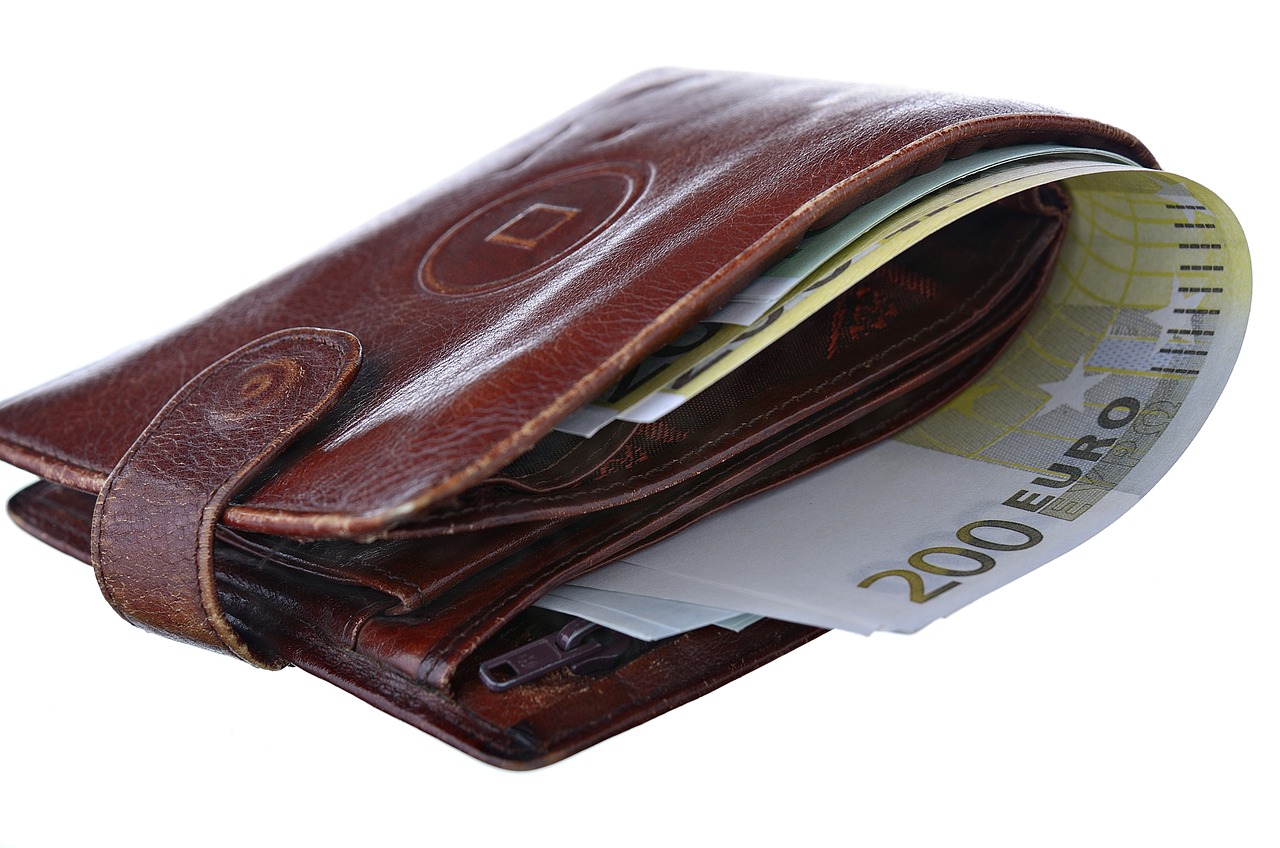
Choosing the Right Decentralized Wallet
When it comes to selecting the right decentralized wallet, it's essential to approach the decision with careful consideration. With a myriad of options available, each boasting unique features, how do you know which one will best suit your needs? First and foremost, you should consider the security features that a wallet offers. After all, your digital assets are only as safe as the wallet that holds them. Look for wallets that provide robust encryption, multi-signature options, and strong private key management systems. These features are crucial in safeguarding your funds against potential threats.
Next, think about compatibility. Not all wallets support every cryptocurrency. If you have a diverse portfolio, you’ll want a wallet that can accommodate all your digital currencies. Some wallets are designed specifically for certain coins or tokens, while others offer broader support. Therefore, it's wise to check the list of supported assets before making your choice.
Another significant factor is user experience. A wallet should not only be secure but also user-friendly. If you're new to the cryptocurrency world, a complex interface can be overwhelming. Look for wallets that offer intuitive designs, clear instructions, and responsive customer support. Some wallets provide tutorials or guides to help you navigate their features, which can be incredibly beneficial for beginners.
Additionally, consider the reputation of the wallet provider. Research reviews and feedback from other users to gauge their experiences. A wallet with a solid track record and positive reviews is more likely to provide a reliable service. You can also check for any past security breaches or controversies that may raise red flags.
To give you a clearer picture, here’s a simple
| Factor | Importance | What to Look For |
|---|---|---|
| Security Features | High | Encryption, multi-signature, private key management |
| Compatibility | Medium | Supported cryptocurrencies |
| User Experience | High | Intuitive interface, tutorials, customer support |
| Provider Reputation | High | User reviews, security history |
Finally, don't forget to think about backup and recovery options. A good wallet should provide a straightforward way to back up your data and recover your funds in case of device loss or malfunction. This can be a lifesaver, especially if you ever find yourself in a situation where you can’t access your wallet.
In summary, choosing the right decentralized wallet involves a mix of security, compatibility, user experience, and trustworthiness. By taking the time to evaluate these factors, you can ensure that your digital assets are managed securely, allowing you to navigate the cryptocurrency landscape with confidence.
- What is a decentralized wallet? A decentralized wallet is a digital wallet that allows users to store and manage their cryptocurrencies without relying on a central authority.
- Are decentralized wallets safe? Yes, they can be safe if proper security measures are taken, such as managing private keys securely and using multi-signature options.
- Can I lose access to my funds? Yes, if you forget your password or lose your private keys, you may lose access to your funds permanently.
- How do I choose a decentralized wallet? Consider factors like security features, compatibility, user experience, and the provider's reputation.
Frequently Asked Questions
- What is a decentralized wallet?
A decentralized wallet is a digital wallet that allows users to store and manage their cryptocurrencies without the need for a central authority. Unlike traditional wallets, decentralized wallets give users full control over their funds, enhancing security and privacy.
- What are the advantages of using a decentralized wallet?
Decentralized wallets offer several advantages, including enhanced security through private key management, user control over funds, and improved privacy. Users can enjoy greater financial autonomy and are less vulnerable to hacks since they are not reliant on a centralized service.
- How do I secure my private keys in a decentralized wallet?
Securing your private keys is crucial for protecting your funds. You can do this by storing your keys offline, using hardware wallets, or employing secure backup methods. Always ensure that your private keys are kept in a safe place and never shared with anyone.
- What is multi-signature functionality?
Multi-signature wallets require multiple approvals for transactions to be executed, adding an extra layer of security. This means that even if one key is compromised, the funds remain secure because additional keys are needed to authorize transactions.
- What are the risks of using a decentralized wallet?
While decentralized wallets offer many benefits, they also come with risks. These include the potential loss of access to funds due to forgotten passwords or lost private keys, as well as user errors that can lead to irreversible losses. It's important to understand these risks before using a decentralized wallet.
- How can I avoid losing access to my funds?
To avoid losing access to your funds, make sure to back up your private keys and recovery phrases securely. Consider using password managers or writing them down and storing them in a safe place. Regularly review your access methods to ensure you can retrieve your funds if needed.
- What should I consider when choosing a decentralized wallet?
When selecting a decentralized wallet, consider factors such as compatibility with your preferred cryptocurrencies, security features, user experience, and community reviews. It's essential to choose a wallet that meets your needs and provides a balance between functionality and security.


